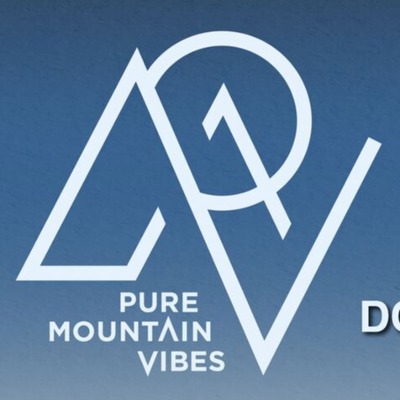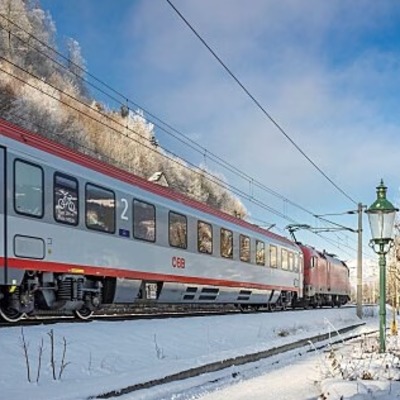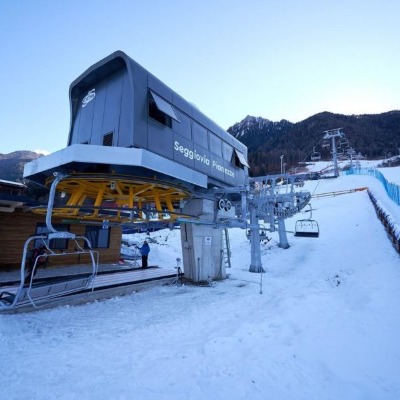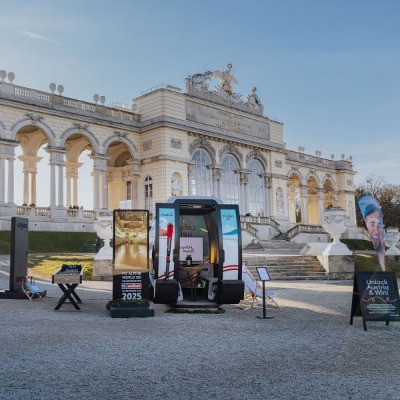Vitalpin Podcast: Climate Neutrality In Alpine Tourism And The 1.5 Degree Target

In her 14-day tourism podcast "Bergegnungen", Theresa Haid, Managing Director of VITALPIN, and well-known experts examine current tourism topics as well as challenges and opportunities in the industry.
Drought, heat and an increasing number of natural disasters are reminders of the urgency of both private and corporate climate protection commitments. For this reason, Theresa Haid's current episode of her podcast "Bergegnungen" is all about climate protection in alpine tourism. She talks to her podcast guest Jakob Sterlich, Managing Director of ClimatePartner Austria, about the Climate Investment Promotional Prize, which was launched together with Vitalpin in 2019, the 1.5 degree target, and about measures in companies that contribute to reducing emissions.
Vitalpin climate investment award
Jakob Sterlich and his team at ClimatePartner have set themselves the task of making companies climate-neutral and making a concrete contribution to global climate protection. “The joint cooperation between Vitalpin and ClimatePartner Austria is unique to date. The KlimaInvestment Förderpreis brings together supporters of alpine climate protection and people who implement regional, innovative and sustainable projects in alpine tourism," explains Jakob Sterlich. In May 2022, an independent jury of experts awarded prizes for initiatives relating to sustainable mobility, energy efficiency and the circular economy. The goal was to offer the pioneers behind them a stage and to create a role model function so that other companies are encouraged to put their sustainable ideas into practice.
Climate-neutral in alpine tourism
When asked why climate protection is so important in Alpine tourism, Sterlich replies: “Tourism plays an important economic role and can therefore make a major contribution to climate protection. Our task is to sensitize everyone involved, be it the population, guests or employees, to this important issue in order to achieve much greater efficiency in the implementation of the measures.” The first important step is to switch from fossil energy sources to green electricity to switch For example, companies can rely on sustainable technologies such as heat pumps or geothermal systems in order to reduce CO2 emissions on the one hand and to become independent of oil and natural gas on the other.
1.5 degree target - we must act now
One of the top goals will be to make climate neutrality a reality, preferably tomorrow. The Silvrettaseilbahn AG was a pioneer in terms of CO2 balancing and already dealt with this topic in 2019. In just over a year, the company has reduced its carbon footprint by more than half. “Science shows us that carbon dioxide offsetting is a necessary building block in the vision of climate neutrality. Only the interplay of the three factors, measuring, reducing and ultimately offsetting emissions, leads to the desired climate neutrality," says Sterlich with conviction. The compensation is an essential measure to achieve the climate protection goals and above all the goal of the 1.5 degree limit, as set out in the Paris Agreement, to be able to reach. This is the only way to take responsibility for the emissions of greenhouse gases that we produce today.
Further information and the podcast to listen to: www.vitalpin.org/podcast













